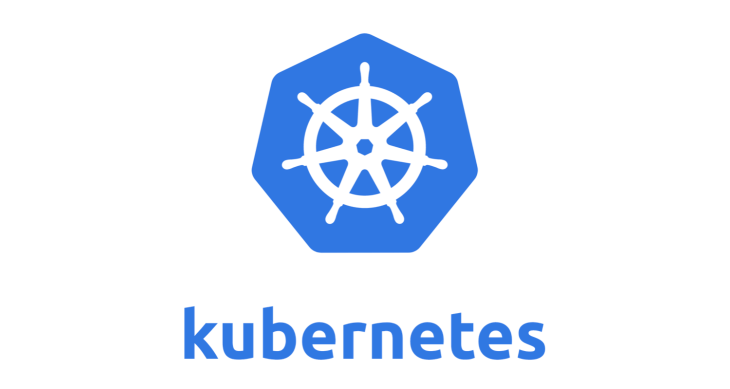 SECURITY
SECURITY
 SECURITY
SECURITY
 SECURITY
SECURITY
An audit released today by the Cloud Native Computing Foundation has uncovered no fewer than 34 vulnerabilities in the code for Kubernetes, the highly popular open-source container orchestration system.
Of the vulnerabilities discovered, four were ranked as high-severity, 15 medium-severity, eight low-severity and seven of “informational” severity, which means no immediate danger, according to The Register. Containers are software that enables applications to be run unchanged across different computing environments.
Of the vulnerabilities, two stood out: one named CVE-2019-11247, which allows access to a cluster-scoped customer resource via an application programming interface, and another named CVE-2019-11249, a vulnerability that allows a malicious container to create or replace files.
The first vulnerability is described as serious by Karen Bruner from StackRox Inc., who noted that it could allow users to read, modify or delete cluster-wide custom resources.
“Although CVE-2019-11247 has been assigned a medium-severity CVSS score, it poses an especially serious threat when custom resources are used to manage functionality related to cluster or application security,” Bruner added. “For example, the Istio service mesh creates dozens of CRDs, both cluster-wide and namespaced, for its configuration.”
The initial CNCF audit, called Trail of Bits and available on GitHub, gave a somewhat mixed response to security in Kubernetes overall.
“The assessment team found configuration and deployment of Kubernetes to be non-trivial, with certain components having confusing default settings, missing operational controls, and implicitly designed security controls,” the report stated. “Also, the state of the Kubernetes codebase has significant room for improvement.”
The good news is that the Kubernetes has released updates for address the aforementioned security vulnerabilities. Versions 1.13.9, 1.14.5, and 1.15.2 were released on Monday to Kubernetes users with a recommendation that all clients update to one of these releases immediately.
That vulnerabilities were found in the code for Kubernetes doesn’t come as a great surprise given the rapid pace of development. As Google LLC software engineer Janet Kuo explained (below) to SiliconANGLE’s video studio theCUBE in May, Kubernetes continues to thrive despite complexity thanks to its strong support.
“The biggest thing about Kubernetes is the really strong community and ecosystem,” Kuo said at the time. “We’ve seen people building frameworks and different open-source platforms on top of Kubernetes.”
Support our mission to keep content open and free by engaging with theCUBE community. Join theCUBE’s Alumni Trust Network, where technology leaders connect, share intelligence and create opportunities.
Founded by tech visionaries John Furrier and Dave Vellante, SiliconANGLE Media has built a dynamic ecosystem of industry-leading digital media brands that reach 15+ million elite tech professionals. Our new proprietary theCUBE AI Video Cloud is breaking ground in audience interaction, leveraging theCUBEai.com neural network to help technology companies make data-driven decisions and stay at the forefront of industry conversations.